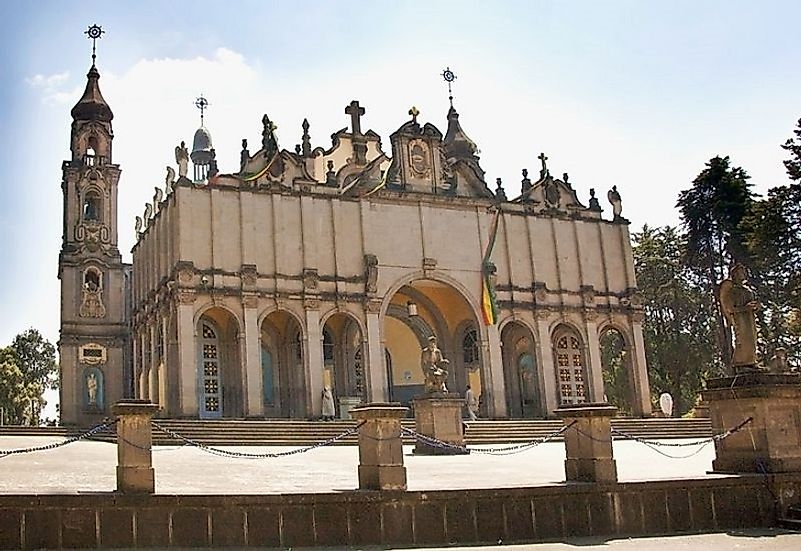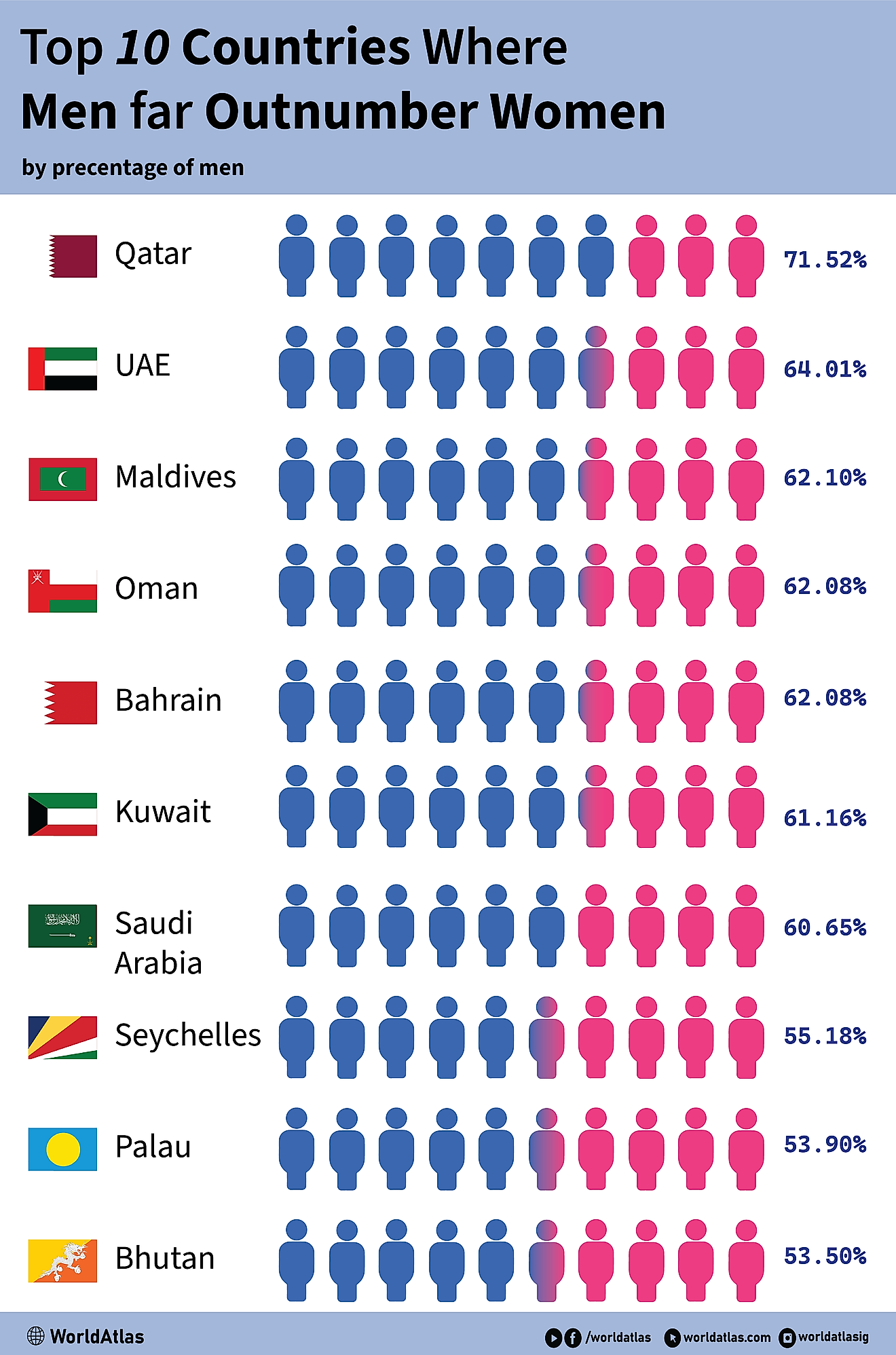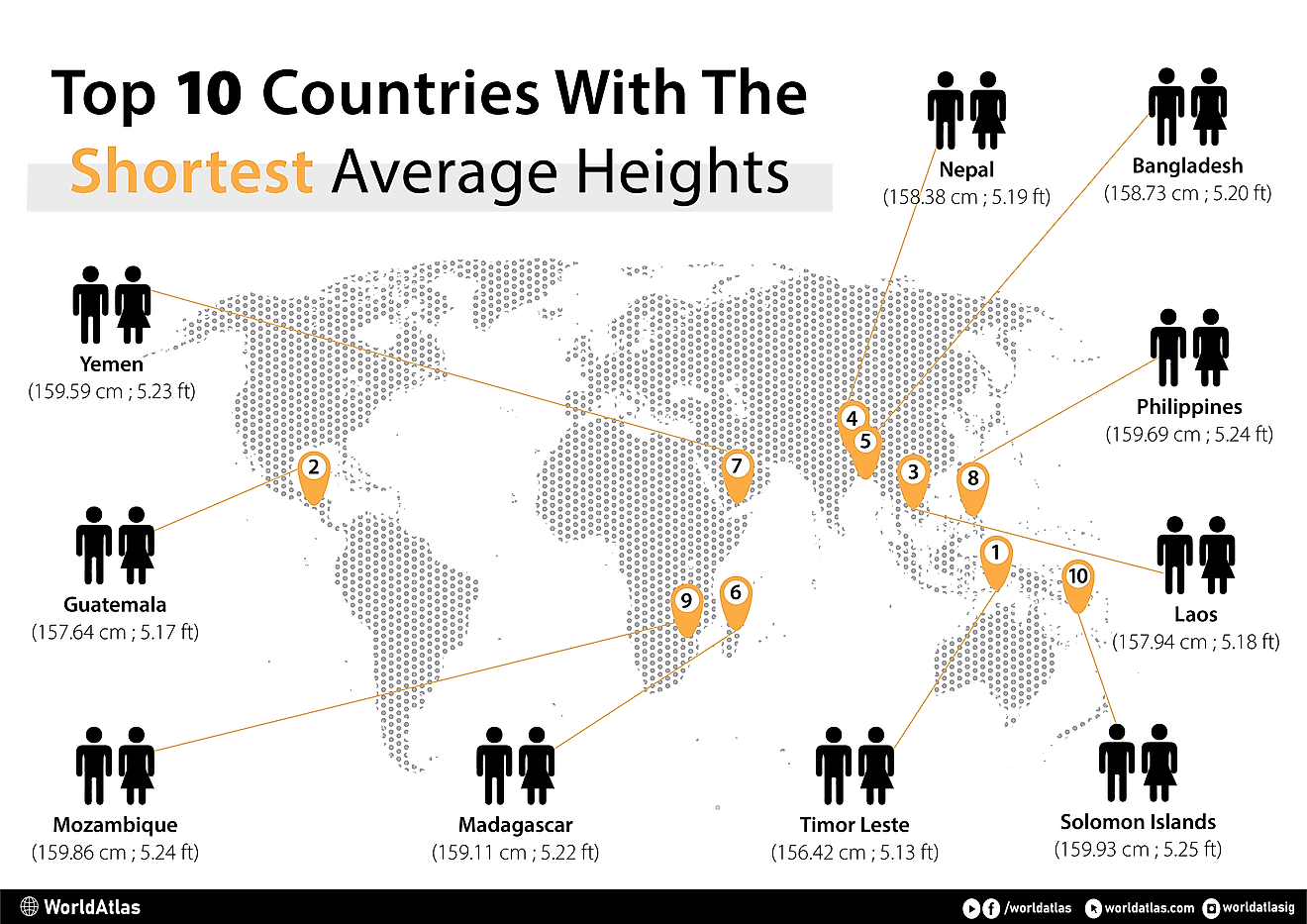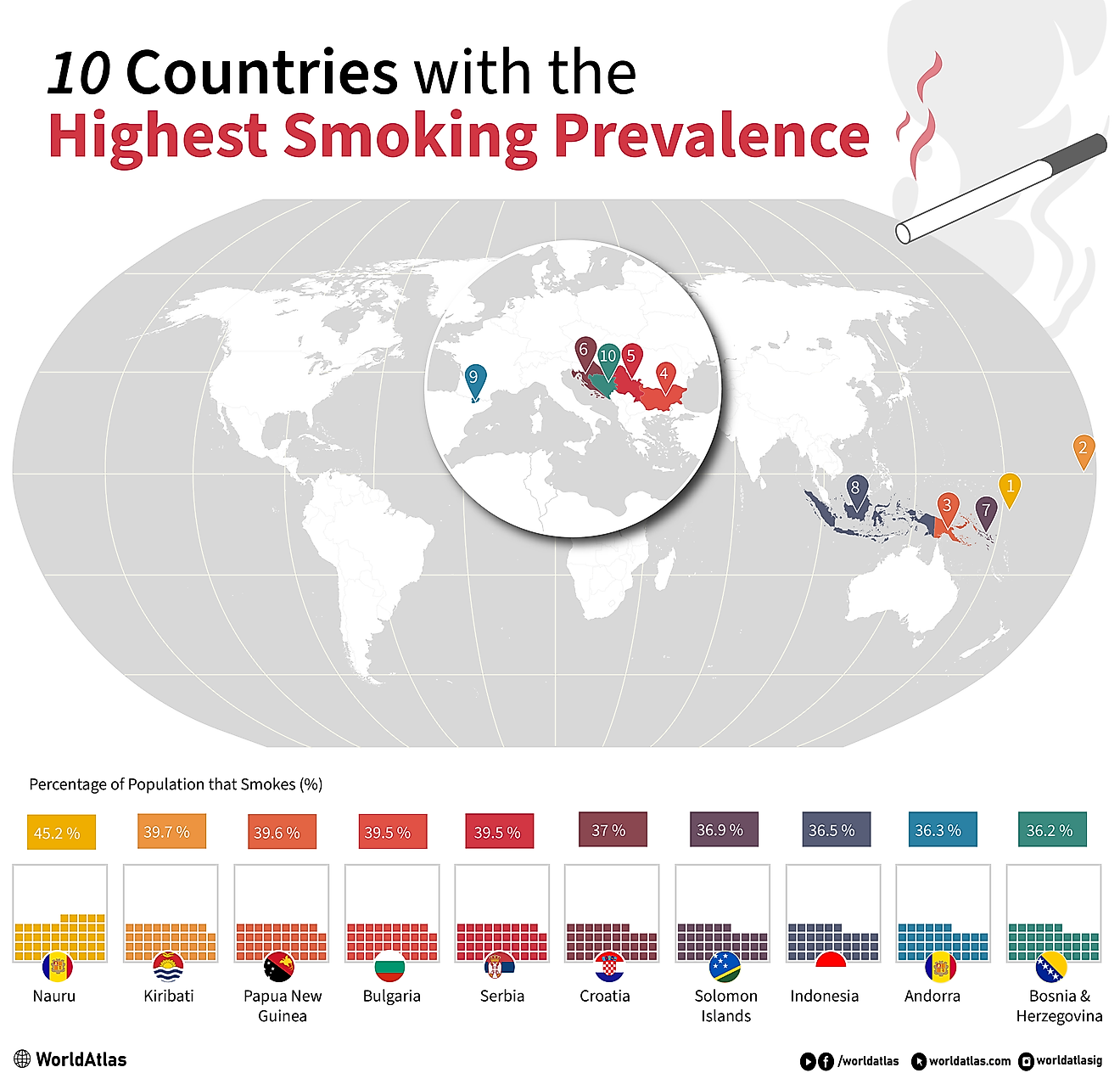Religious Beliefs In Ethiopia

Freedom of Religion in Ethiopia
The constitution of Ethiopia ensures religious freedom for its citizens. According to the US Department of State, this is widely upheld through the observance of additional laws and policies. However, people have filed reports claiming discrimination and unfair treatment based on religious affiliation. The US Ambassador has carried out discussions with the government and faith-based organizations in order to promote religious freedom. This article takes a look at the major religions in the country and their roles in the society.
Ethiopian Orthodox Christianity
Ethiopia was one of the first sub-Saharan African countries to adopt the Christian religion, and its practice dates back to the 1st Century AD. The Ethiopian Orthodox religion is the most widely practiced with 43.5% of the population identifying as such. In fact, the largest and oldest Oriental Orthodox church is located here. Orthodox Christians make up the majority of the population in the northern region of the country, specifically in Tigray and Amhara. This sect of Christianity spread quickly after it was adopted by King Ezana the Great who proclaimed it a state religion in 330 AD.
Islam
Islam began to enter Ethiopia as early as the foundation of the religion. In 615 AD, the prophet Muhammad encouraged a group of Muslims to seek refuge in Ethiopia as they escaped religious persecution in Mecca in Arabia. At that time, then-King Axum protected the religious refugees and refused demands to send them back to Arabia. Today, 33.9% of the population practices Islam making it the second most common religion in the nation. Eastern Ethiopia is now the principle center for Islamic culture and most Muslims in this country are Sunni. The fourth holy city of Islam, Harar, is located here. It is a walled town of roughly 122,000 people and holds 82 mosques, 3 of which are dated back to the 10th Century.
Protestant Christianity
Protestants are the largest group of Christians who do not belong to the Orthodox Church and are made up of various sects, including Evangelicals and Pentecostals. These religious worshipers are mainly concentrated in the southern regions of the country. Many of the Protestants in Ethiopia have their roots in the American Pentecostal movement of the early 1900’s which sent missionaries all over the world. Religious conversions have grown significantly since then and today, Protestants make up 18.6% of the population.
Other Beliefs in Ethiopia
Other minority religions in the country include Waaq and indigenous beliefs, which are followed by 2.6% of the Ethiopian population, Roman Catholicism (.7%), and Judaism and Baha’i (.7% combined). The Waaq religion is a traditional, monotheistic faith followed mainly by the Cushitic ethnic group in the far eastern regions of the country. Roman Catholicism was reintroduced in the country between the 13th and 18th Centuries. Its follower grew during the Italian occupation of Ethiopia between 1936 and 1941. Judaism has existed in Ethiopia since long before Christianity and some scholars believe that Ethiopian Jews are one of the lost tribes of Israel.
Relations Between Ethiopia's Religious Groups
Unfortunately, Ethiopia experiences significant religious tension among many of the previously stated religions, particularly the three most prevalent ones. Disagreements between Muslims and Orthodox Christians are widespread though not constant. Muslims have filed reports claiming that local police are performing illegal home searches in their community in an attempt to locate terrorists. There have also recently been occurrences of Muslims burning Christian churches. Protestant Christians face opposition by both Orthodox Christians and Muslims and some killings in rural areas have been reported. Some numbers suggest that these incidences have been decreasing, others suggest that radical Islamist attacks are increasing, and still others suggest that the Orthodox Christian government has done little to promote religious tolerance.
Religious Beliefs In Ethiopia
| Rank | Belief System | Share of Contemporary Ethiopian Population |
|---|---|---|
| 1 | Ethiopian Orthodox Christianity | 43.5% |
| 2 | Islam (Predominately Sunni) | 33.9% |
| 3 | Protestant Christianity (P'ent'ay or Pente) | 18.6% |
| 4 | Waaq Worship and Other Indigenous Beliefs | 2.6% |
| 5 | Roman Catholic Christianity | 0.7% |
| Judaism, Baha'i Faith, and Other Beliefs | 0.7% |







